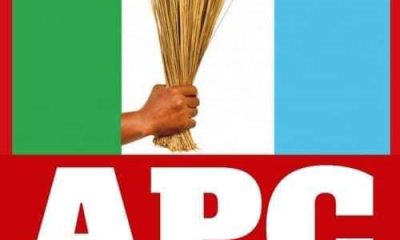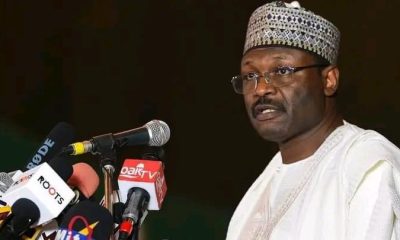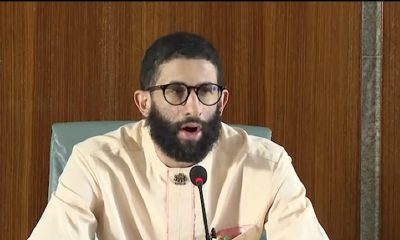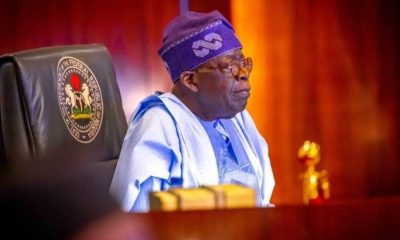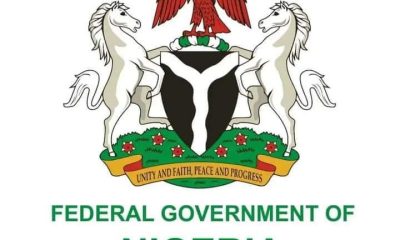Business
NGX launches new USSD to enhance capital market access
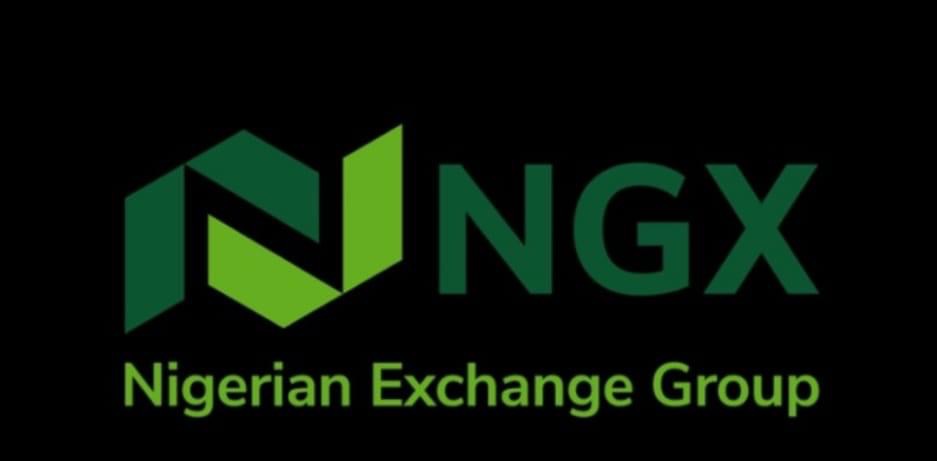
Business
Gabon Invites Dangote To Explore Business Opportunities, Amid Attacks In Nigeria.
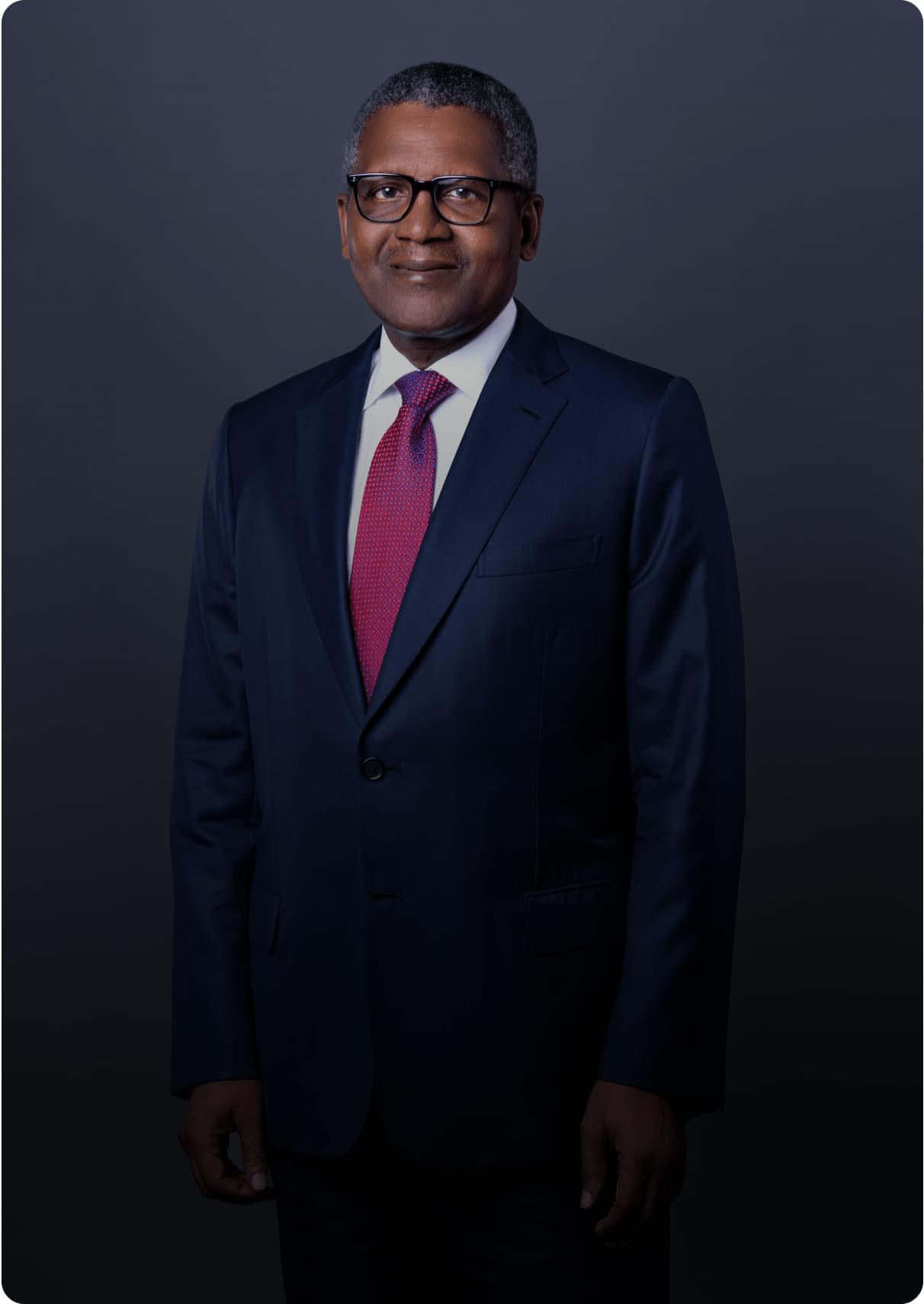
Business
Fuel crisis: Marketers project N700bn monthly subsidy

Business
The House of Representatives has requested for the Chief Executive of the Nigerian Midstream and Downstream Petroleum Authority (NMDPRA) to be suspended while thorough investigations are conducted into the allegations against the Authority.
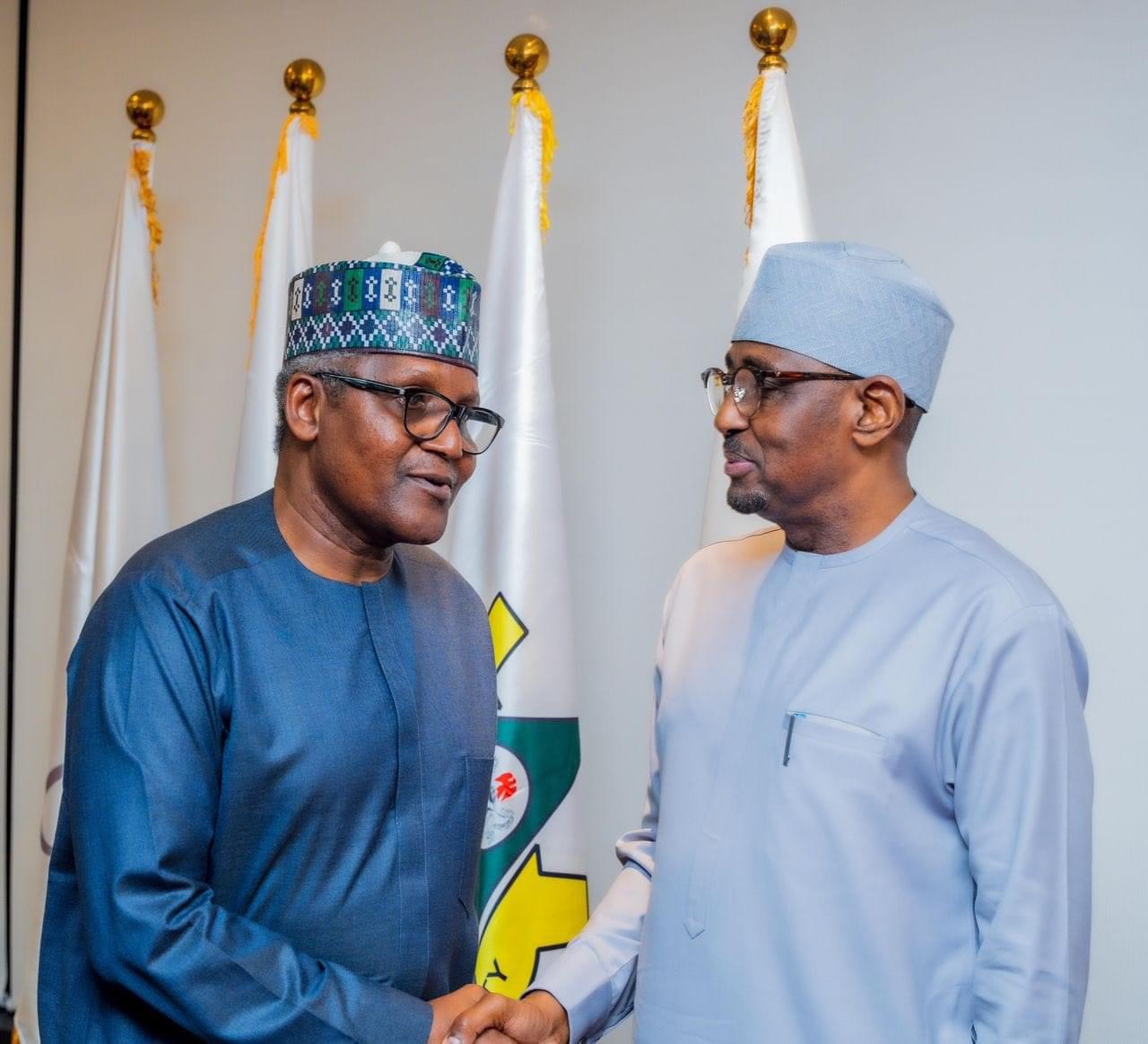
-

 Politics5 months ago
Politics5 months agoNigerian Senate passes Bill seeking the establishment of the South East Development Commission.
-

 Business5 months ago
Business5 months agoInflation hits record high of 29.90% on naira weakness
-

 Politics2 months ago
Politics2 months agoBREAKING: Federal Gov’t Offers To Pay Above N60,000, Reaches Agreement With Labour
-

 SportsNews5 months ago
SportsNews5 months agoOlympic Qualifiers 2024: CAF Confirms Dates For Super Falcons Vs Banyana Banyana
-

 Politics5 months ago
Politics5 months agoGovernor Hope Uzodinma’s New Cabinet In Imo: The Gainers, The Losers
-

 Entertainment5 months ago
Entertainment5 months agoAmerican Singer Beyonce makes history as first Black woman to top country chart
-
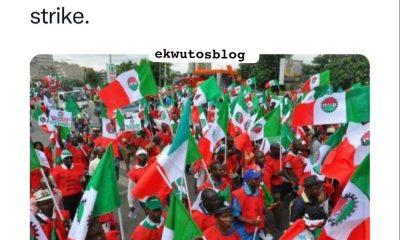
 Politics2 months ago
Politics2 months agoBREAKING: Organized Labour suspends strike for one week.
-

 Business5 months ago
Business5 months agoReasons we cannot sell cement below N7,000, by Dangote, Bua, Lafarge

